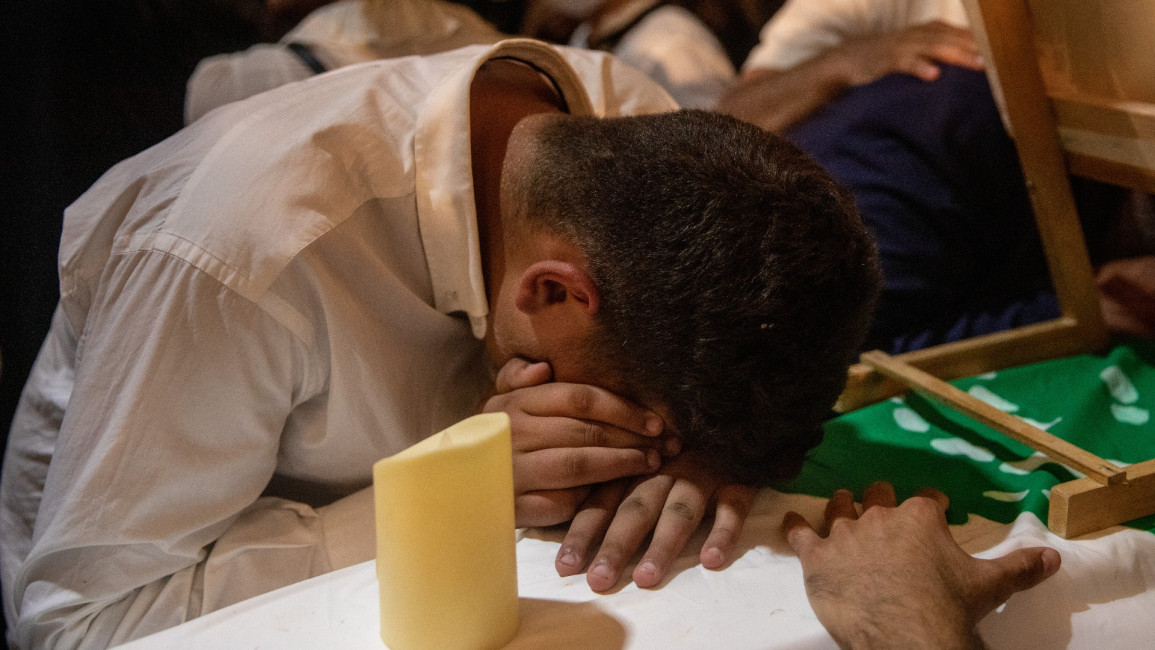Lebanon's national suicide hotline to reduce services due to electricity shortages
Lebanon's national suicide prevention hotline has been forced to cut its hours of operation due to the country's worsening electricity shortages, sources told The New Arab on Thursday.
Embrace, a Lebanese NGO which operates the suicide hotline in addition to providing mental health counselling, confirmed to The New Arab that the hotline will be "out of service" for up to eight hours a day due to a lack of power.
The cutback in services comes at an unfortunate time for Lebanon, as the anniversary of the Beirut port explosion - in which over 200 died and 6,000 were injured - is less than a week away. The explosion has left enduring scars on the population's psyche, with reports of PTSD and depression increasing in the wake of the disaster.
Embrace has provided mental health services to over 9,500 people in Lebanon since its inception, and its suicide hotline - the first in Lebanon - is a vital lifeline to a populace under increasing economic stress.
Lebanon's economic crisis, deemed to be among the top three "global crisis episodes" by a World Bank report in June, is putting tremendous pressure on the mental health of its population.
Reports of suicide have doubled this year, increasing from an average of 200 to between 400 to 500 per month, according to Embrace.
People living in Lebanon face pressure from almost all directions, as the worsening economic crisis makes daily life almost unbearable for all but the most wealthy, in addition to the imminent third wave of Covid-19 which threatens to overwhelm the already-strained healthcare system.
Lebanon is currently undergoing a nationwide electricity shortage, with the government failing to make payments to fuel importers that are needed to keep power plants running. As a result, the state can only provide power for about 1-2 hours a day.
The private network of generators - which was meant to supplement the state's shoddy electric grid - is also failing, as generator owners struggle to find diesel to power them. No sector has been spared from the endemic power outages, with even hospitals being forced to ration electricity.



